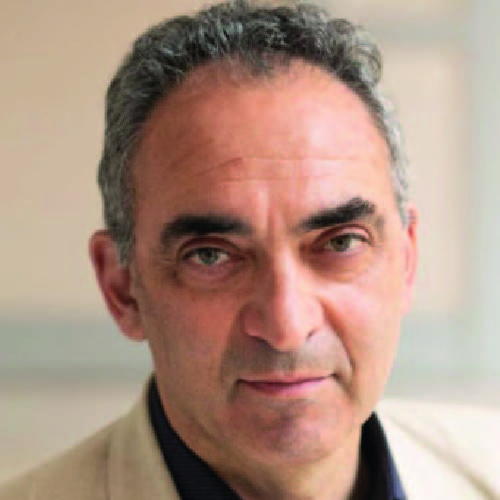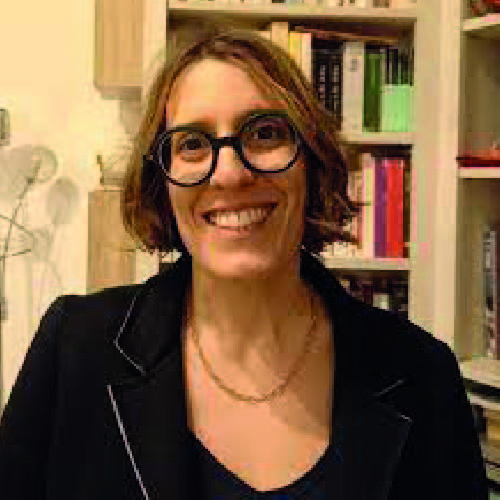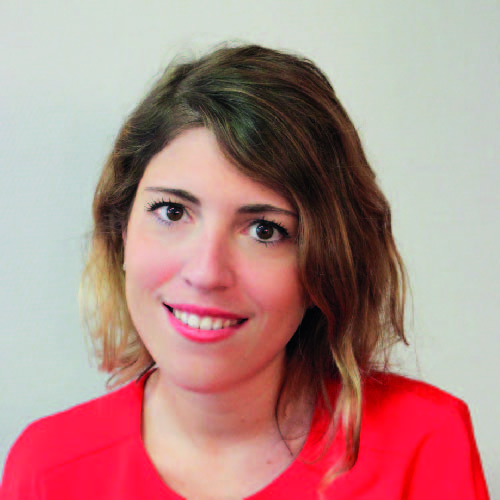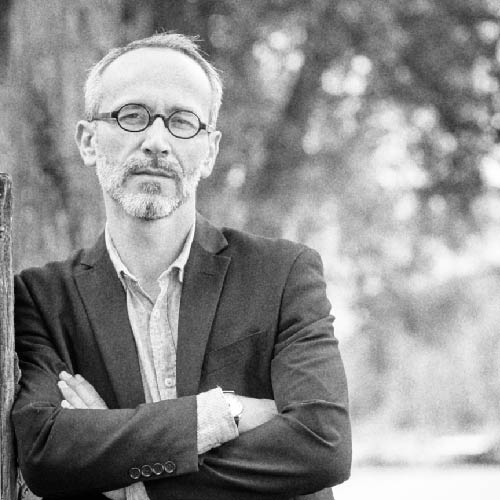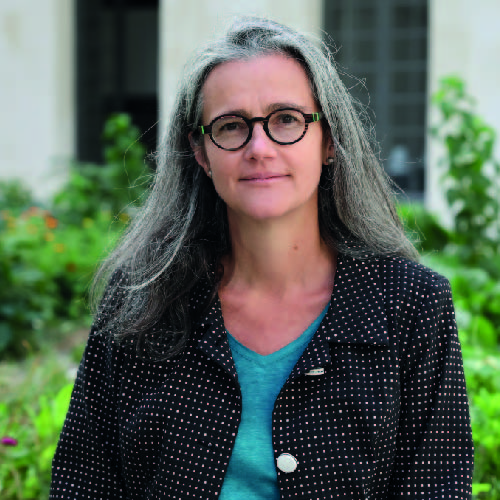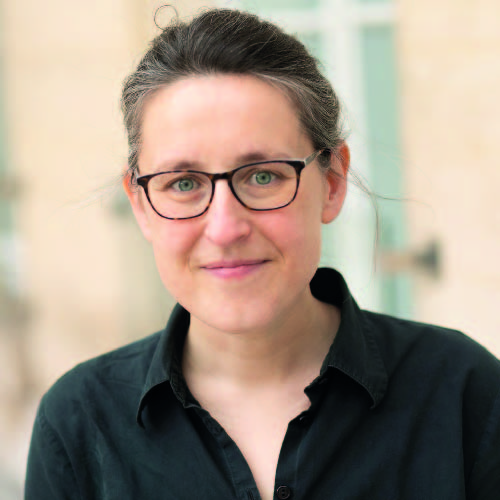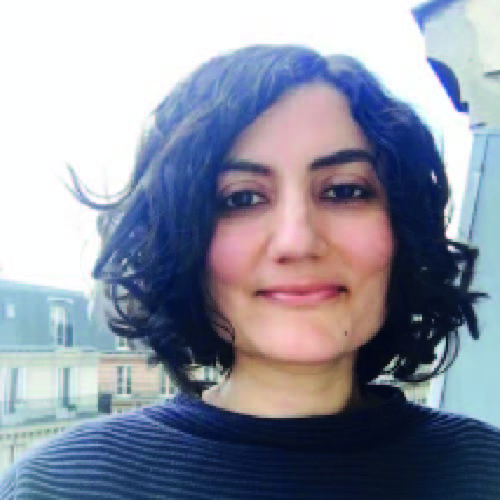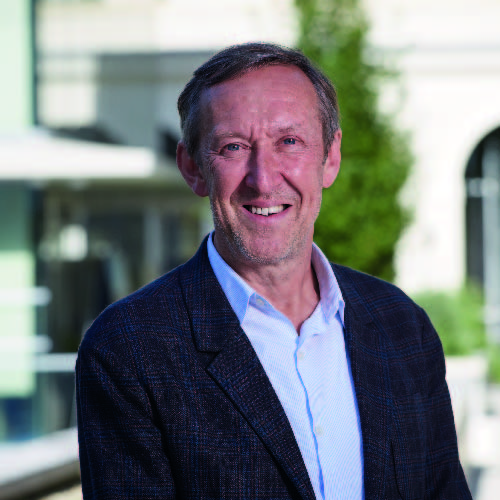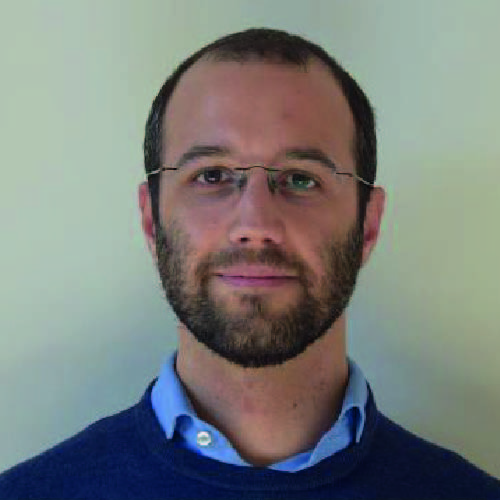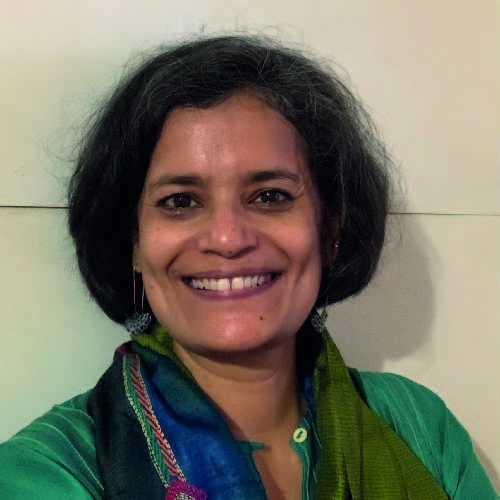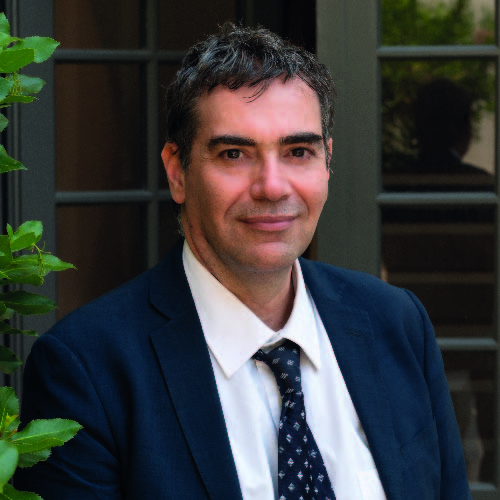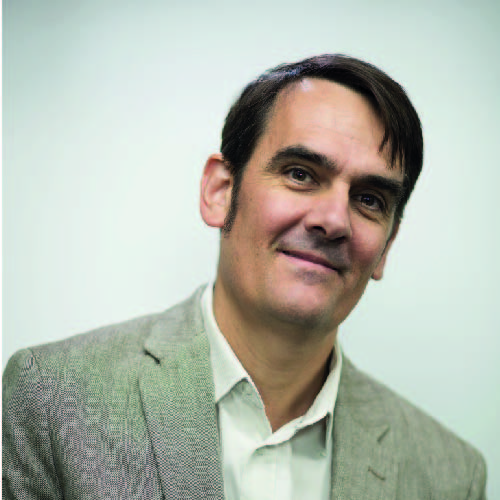AESOP 2024 ANNUAL CONGRESS | TRACKS
36th AESOP Annual Congress 2024 Paris, France
“GAME CHANGER? Planning for just and sustainable urban regions”
TRACK 01: POSTGROWTH
Planning for other worlds and different development models
Chairs:
- Peter Ache, Faculteit der Managementwetenschappen (RU Nijmegen)
- Christelle Morel-Journel, Université Jean Monnet Saint-Etienne
- Yahya Shaker, Politecnico di Torino
The current IPCC report clarifies that the window for achieving the necessary transformation and transition towards a climate-resilient development closes. At the same time, doubts about the justice, sustainability and future viability of our growth model are growing in the IPCC and the current report 'Earth for All' for the Club of Rome (September 2022).
Attempts such as the Global Agenda 2030 or the EU’s Green Deal to combine ecological and social aspects aim for appropriate economic growth while decoupling economic growth and environmental destruction.
The so-called post-growth economy, the doughnut economy, the common good economy and similar concepts attempt to show alternatives to the conventional growth model that can enrich urban and spatial planning.
We need climate-resilient development to achieve social sustainability goals and sustainable urban and regional development.
We welcome theoretical, methodological, and empirical contributions that address the following questions (and more):.
- How can ideas from the post-growth debate help to understand current crises and find answers?
- Which social and economic risks areassociated with this?
For this track, we invite – academic or practice - papers reflecting on related issues, mobilising facts and figures, bringing examples to the discussion, and tracing out potential future states of things from all corners of the globe.
In addition, we invite papers that start 'dreaming' again. It is not a dream that builds castles in the clouds, a leisurely and idle exercise of compensatory nature. The educated dreaming (docta spes, Ernst Bloch) is bound to "teach desire, to desire better, to desire more, and above all to desire differently" (Thompson, 1977, p. 330).Such a dreamscape of desires may provide the disruptive force that breaks through cultured routines and establishes other worlds and different development models.
Keywords: risks, alternative visions, dreamscapes, development model, post-growth, post-growth economy, doughnut economy, common good economy
This track will host:
LOC
The Local Organising Committee
